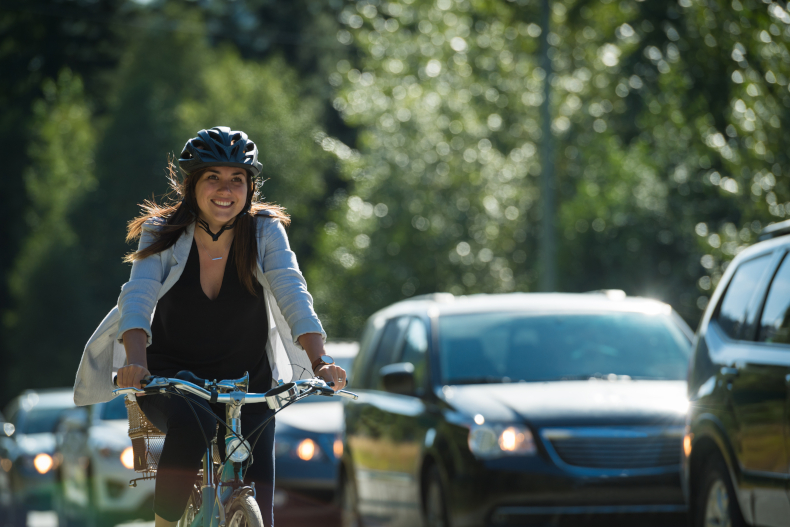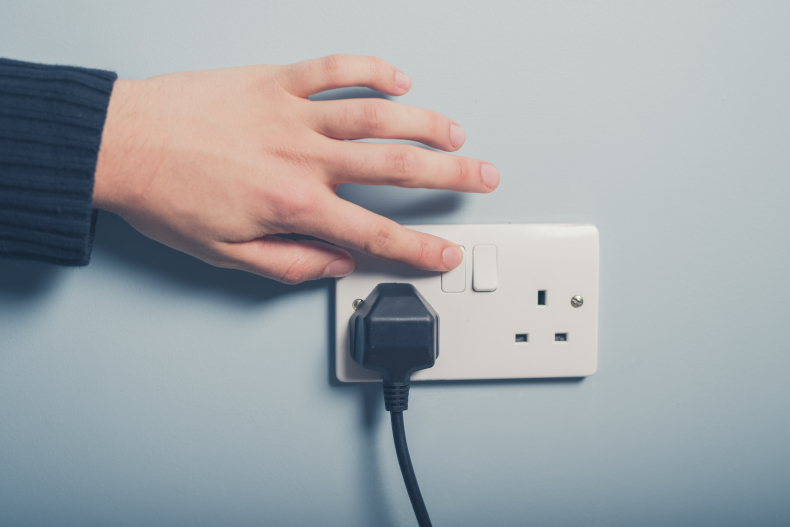Zero Carbon Kent by 2050
7th August 2019
7th August 2019

Kent County Council’s Energy and Low Emissions Strategy is out for consultation and there’s still time to make your views known on plans for all of Kent to reach zero carbon emissions by 2050.
The strategy also aims to eliminate poor air quality, reduce fuel poverty and deliver an affordable, clean and secure energy supply for Kent and Medway.
In June this year, Theresa May announced that the UK will eradicate its net contribution to climate change by 2050. The statutory instrument to implement this was laid in Parliament on Wednesday 12 June. This amends the Climate Change Act 2008.
The UK already leads the world in tackling climate change, having recognised the need to go even further than before. The Committee on Climate Change forecast significant benefits to public health and savings to the NHS from better air quality and less noise pollution, as well as improved biodiversity.
This legislation will mean that the UK is on track to become the first G7 country to legislate for net zero emissions, with other major economies expected to follow suit. But it is imperative that other major economies follow suit. For that reason, the UK will conduct a further assessment within 5 years to confirm that other countries are taking similarly ambitious action.
Speaking in June, Theresa May said: “Now is the time to go further and faster to safeguard the environment for our children. Standing by is not an option. Reaching net zero by 2050 is an ambitious target, but it is crucial that we achieve it to ensure we protect our planet for future generations.”
Since 2010, Kent County Council has reduced its greenhouse gas emissions from its own land and buildings and, by May 2020, Kent County Council is planning to bring forward targets for zero emissions for its own activities.
Kent County Council cabinet member for the environment Mike Whiting said: “Kent County Council recognises the importance of the environment and climate emergency and this strategy is an acceleration of the work we are already doing to reduce emissions such as the roll-out of LED streetlighting across the county and the installation of solar panels on buildings we own. We have made real progress but there’s still much more to be done.”
Mr Whiting added: “We want to make sure Kent county reaches the 2050 target set by government. Residents and businesses in Kent have already reduced emissions by 37% since 2005 and we believe 2050 for zero emissions can be achieved. I’d encourage everyone to take part in this consultation. We can protect both our health and the environment and now is the time to act together.”
The consultation is open until 23rd September. To take part in the consultation, click here.
Councils and businesses are already committed to zero carbon emissions, but how can we contribute as individuals? Here are some top tips:
If you enjoy a juicy steak, you’ll be disappointed to learn that eating meat has a huge impact on the environment. Livestock releases greenhouse gases (methane) and a lot of carbon dioxide is emitted with the packaging and transportation of meat and animal products. As an example, the carbon dioxide produced in making a single bacon, egg and cheese sandwich is almost equal to the amount produced when driving a car for four miles!
By opting to choose a vegan diet, you can help reduce carbon emissions.
The fashion industry produces 1.2 billion tons of greenhouse gas emissions each year. Many of the clothes we wear were manufactured in a factory thousands of miles away – transporting clothing from China, Vietnam and other countries requires a tremendous amount of fuel.
Repurpose or reuse current items in your wardrobe. Or visit an independent boutique (such as those in The Pantiles), where there is no mass production and therefore a reduced carbon footprint.

One of the simplest ways of reducing your carbon footprint is by opting to travel by bike or by foot. The average car releases just over 400 grams of carbon dioxide per mile. Walking and travelling by bike releases zero.

Make sure you recycle items whenever possible. Recycle plastic, metal and glass containers. Check out your local recycling facilities and what you can and can’t recycle.

Appliances and electronics use electricity even when they’re not in use! Appliances that stay plugged in all the time account for approximately 10% of the electric bill in the average home. By simply unplugging things when they’re not in use, you can reduce your carbon footprint and save on your electric bill.
To find out more about reducing carbon emissions in the UK, visit The Committee on Climate Change’s website.